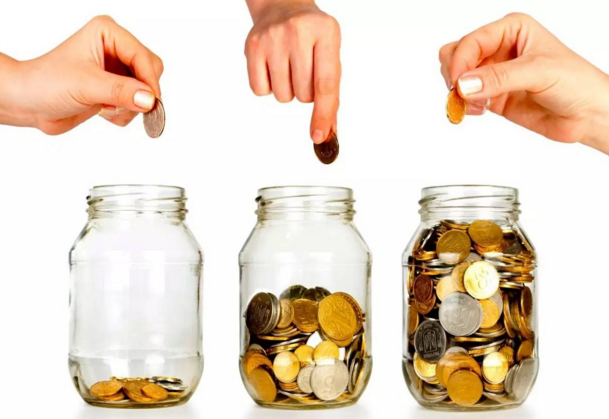Nearly a quarter of adult Americans have zero savings to pay for emergency situations including a layoff or major medical bills, new research has revealed.
据一项最新研究显示,近四分之一的美国成年人没有储蓄以供诸如失业和重大医疗等情况下使用。
Bankrate's newly released June Financial Security Index survey indicates that 24 per cent of Americans have not saved any money at all for their emergency funds.
据Bankrate今年6月发布的金融安全指数调查表明,24%的美国人的应急资金存款为零。
This is despite experts recommending that people strive for a savings cushion equivalent to the amount needed to cover three to six months' worth of expenses.
尽管有专家曾建议,人们都应该尽力保持可以维持3-6个月开支的储蓄金额。
Surprisingly, Bankrate says that this is a good thing — the percentage of people with zero savings for a financial emergency is actually now at its lowest rate since the financial services company began polling in 2011.
但是令人惊讶的是,Bankrate却表示这是一件好事--事实上,现在24%的零储蓄率是自从该公司2011年开始调查以来的最低值了。

The June survey also found that 31 per cent of Americans have what Bankrate considers an 'adequate' savings cushion — six or more months' worth of money to pay expenses — which means that nearly two-thirds of the country isn't saving enough money.
该调查还发现,31%的美国人拥有Bankrate认为的“足额”存款--至少可以维持6个月开支的金额,也即是说美国近三分之二的人存款不足。
Bankrate broke down its survey results to distinguish between baby boomer and millennials' savings habits.
Bankrate还力求从其调查结果中区分婴儿潮一代和千禧年一代储蓄习惯的不同。
Of the 1,003 adults surveyed, the financial services company found that young millennials — ages 18 to 26 — frequently fell into the category that saved three to five months' worth of expenses money.
在全部受访的1003名成年人中,该公司发现,千禧一代年轻人(18到26岁)中,很多人都拥有可维持3到5个月开支的存款。
Of the young millennials polled, 27 per cent said they had three to five months' of emergency expenses money saved, as compared to only 11 per cent of baby boomers who'd saved the same amount of money.
在千禧一代年轻人中,27%的人表示,他们拥有3到5个月的存款以备不时之需,而婴儿潮一代拥有此数额存款的人只有11%。













